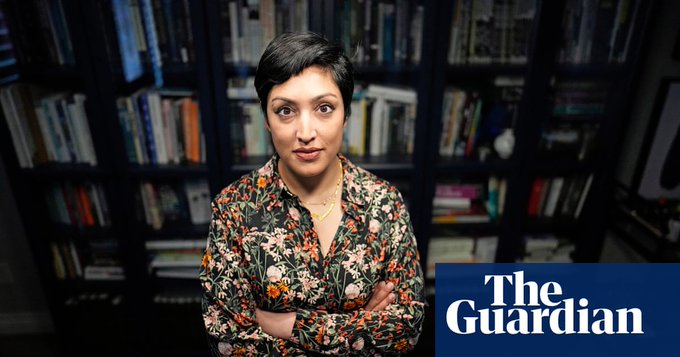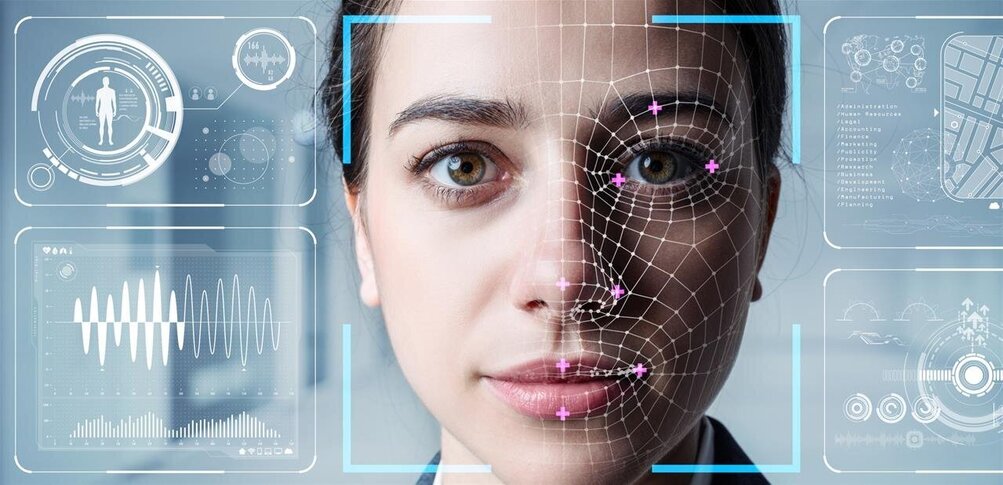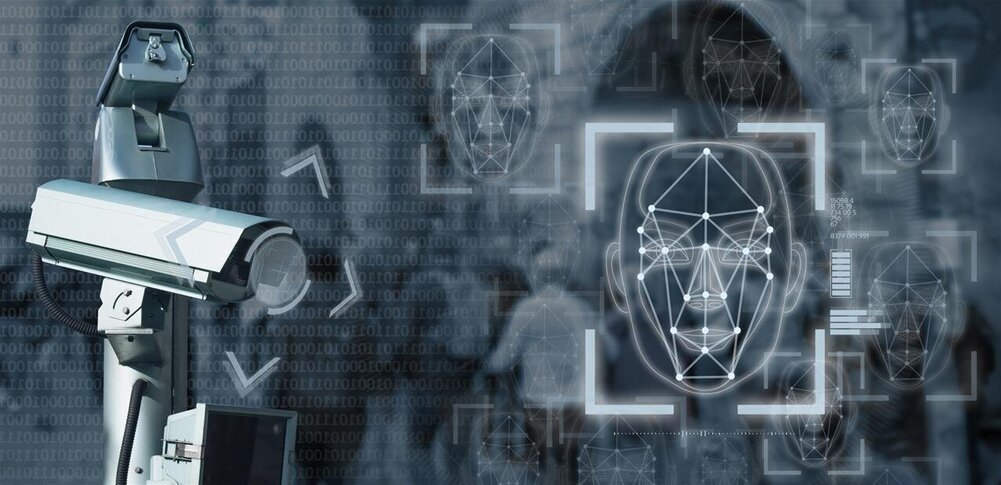One of the leading thinkers on artificial intelligence discusses responsibility, ‘moral outsourcing’ and bridging the gap between people and technology
Moral outsourcing, she says, applies the logic of sentience and choice to AI, allowing technologists to effectively reallocate responsibility for the products they build onto the products themselves – technical advancement becomes predestined growth, and bias becomes intractable.
“You would never say ‘my racist toaster’ or ‘my sexist laptop’,” she said in a Ted Talk from 2018. “And yet we use these modifiers in our language about artificial intelligence. And in doing so we’re not taking responsibility for the products that we build.” Writing ourselves out of the equation produces systematic ambivalence on par with what the philosopher Hannah Arendt called the “banality of evil” – the wilful and cooperative ignorance that enabled the Holocaust. “It wasn’t just about electing someone into power that had the intent of killing so many people,” she says. “But it’s that entire nations of people also took jobs and positions and did these horrible things.”
Mots-clés : cybersécurité, sécurité informatique, protection des données, menaces cybernétiques, veille cyber, analyse de vulnérabilités, sécurité des réseaux, cyberattaques, conformité RGPD, NIS2, DORA, PCIDSS, DEVSECOPS, eSANTE, intelligence artificielle, IA en cybersécurité, apprentissage automatique, deep learning, algorithmes de sécurité, détection des anomalies, systèmes intelligents, automatisation de la sécurité, IA pour la prévention des cyberattaques.






